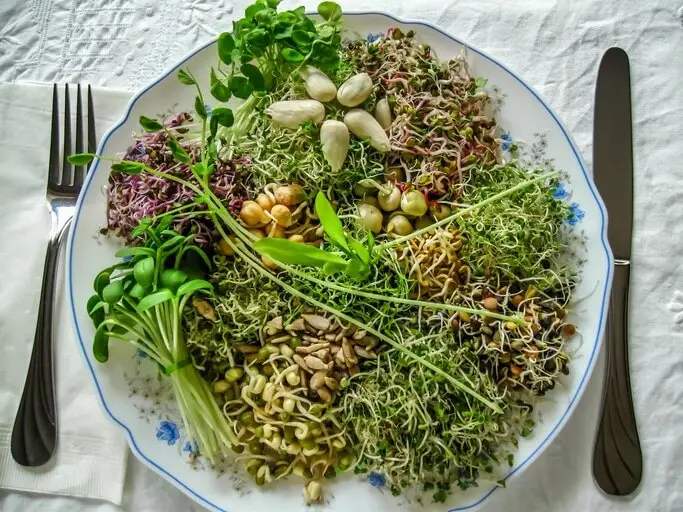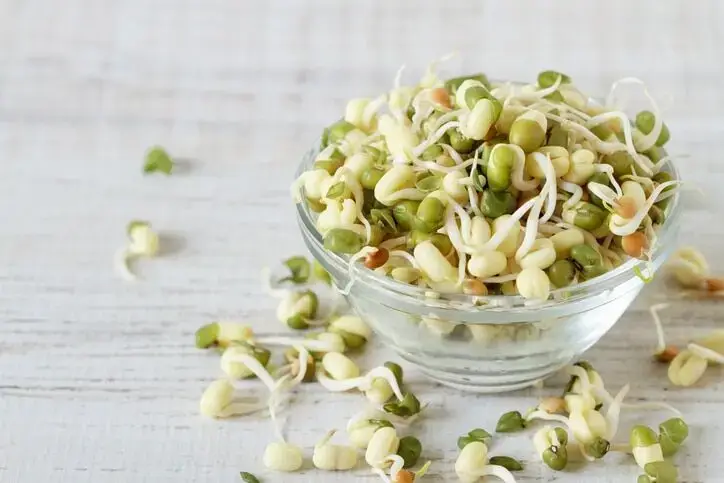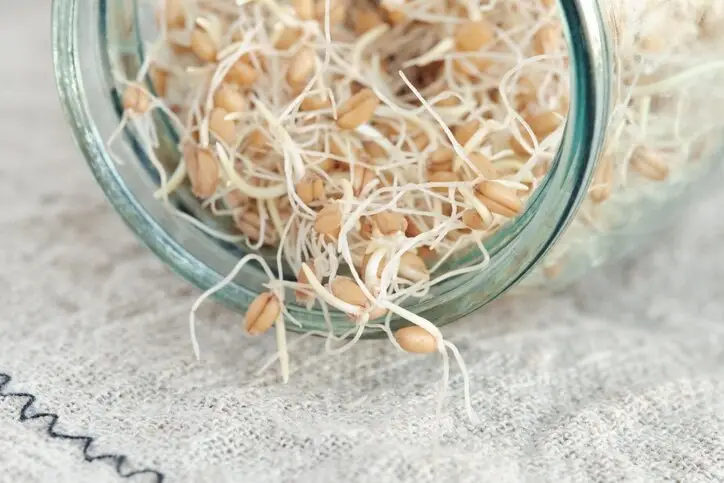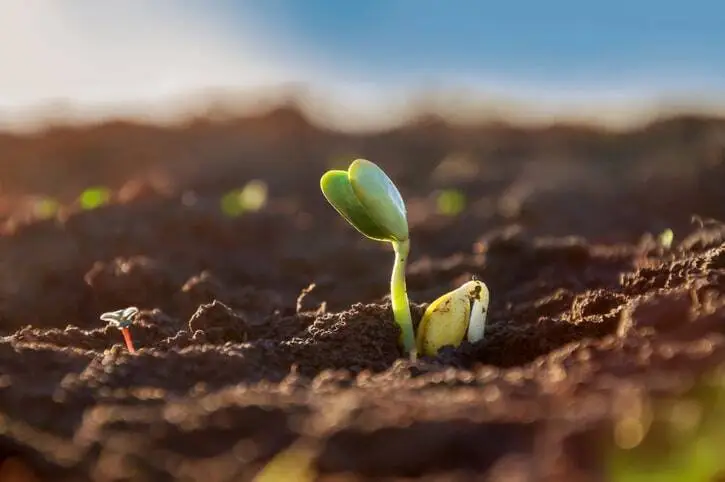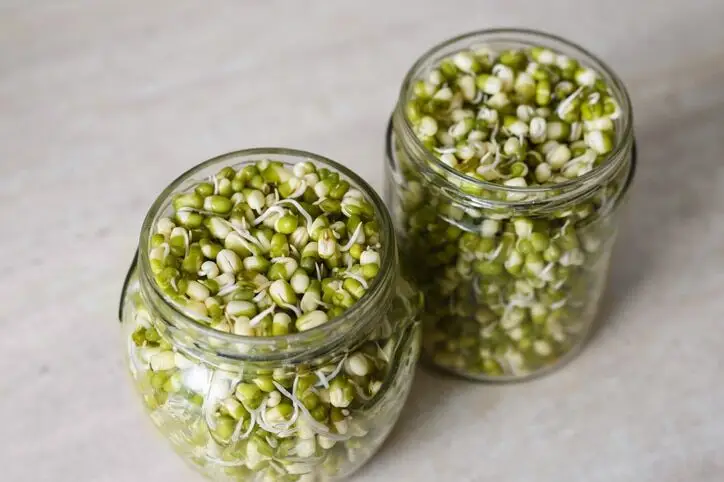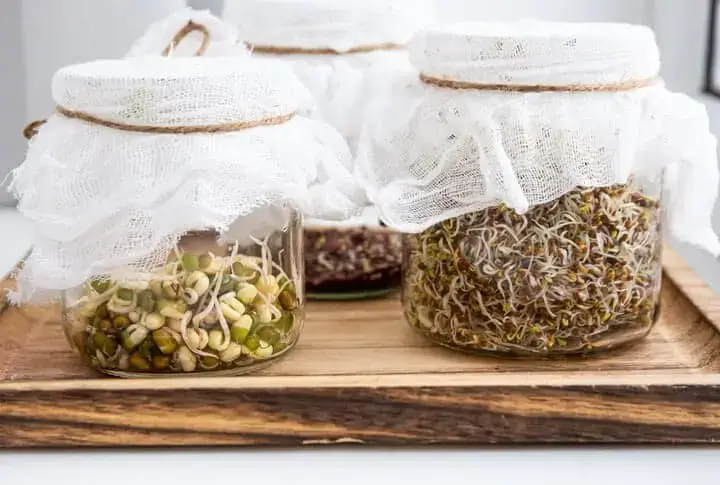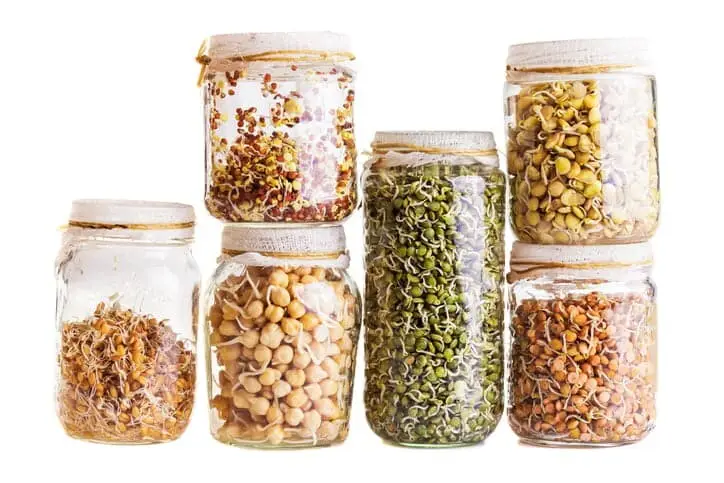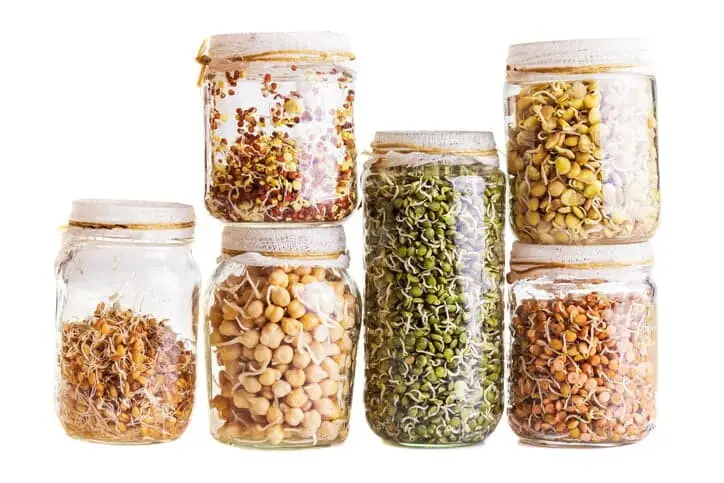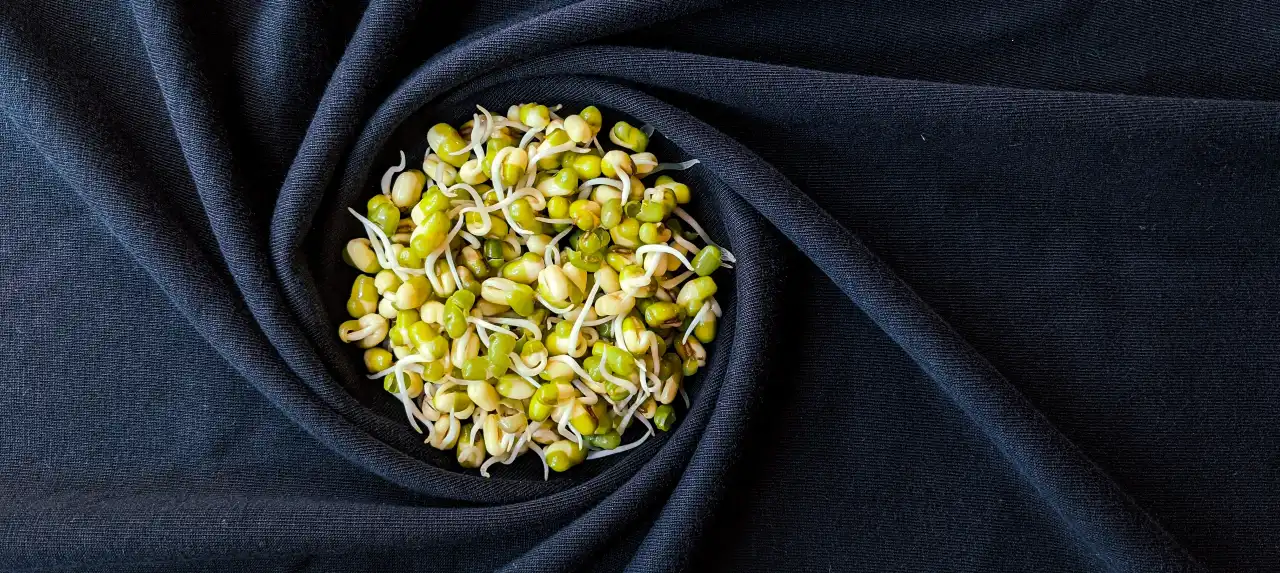Exploring the History and Cultural Significance of Sprouting
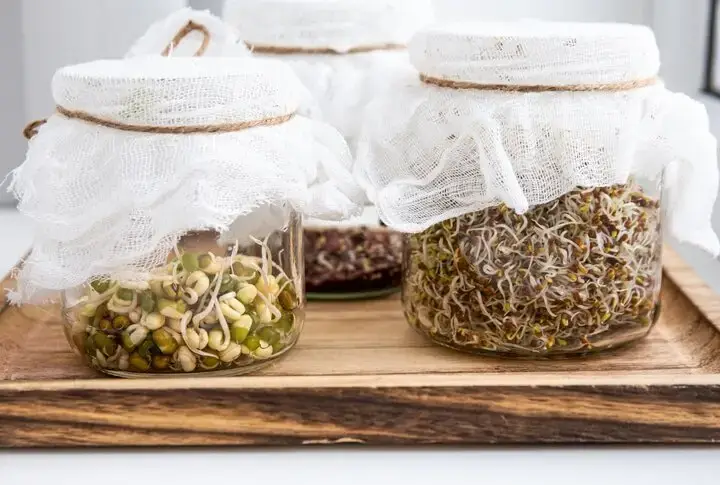
Introduction
Sprouting, the process of germinating seeds to produce young shoots, has a rich history and holds significant cultural importance across various civilizations throughout the ages. From ancient times to the present day, sprouting has been valued for its nutritional benefits, culinary applications, and symbolic meanings. In this article, we will delve into the history of sprouting, its cultural significance in different societies, and its impact on human health and well-being.
- Ancient Origins of Sprouting: The practice of sprouting can be traced back thousands of years to ancient civilizations such as the Egyptians, Chinese, and Greeks. In Egypt, archaeological evidence suggests that sprouted grains were consumed as early as 4,000 BCE. The Chinese, particularly during the Han Dynasty, embraced sprouting as a way to enhance their diet and improve health. Similarly, the Greeks recognized sprouts’ nutritional value and used them in various culinary preparations.
- Cultural Significance of Sprouting: Sprouting holds cultural significance in many societies around the world. For instance, in Eastern cultures such as China, Japan, and Korea, sprouts are considered symbols of renewal, growth, and vitality. They are incorporated into traditional New Year dishes to bring good luck and prosperity. In the Middle East, sprouted legumes like chickpeas and lentils are commonly used in traditional cuisine, adding flavor and texture to dishes.
- Sprouting and Nutrition: One of the primary reasons for the enduring popularity of sprouting is its exceptional nutritional profile. When seeds sprout, they undergo significant biochemical changes, leading to an increase in essential nutrients. Sprouts are rich in vitamins, minerals, antioxidants, and enzymes. They are a good source of protein, fiber, and low in calories, making them a valuable addition to a healthy diet. Moreover, sprouting can enhance the bioavailability of certain nutrients, making them more easily absorbed by the body.
- Culinary Applications of Sprouting: Sprouts offer a versatile culinary ingredient, adding texture, freshness, and flavor to a wide range of dishes. They are commonly used in salads, stir-fries, sandwiches, and smoothies. In some cuisines, sprouts are fermented to create delicious condiments like tempeh and miso. The delicate crunch and vibrant appearance of sprouts make them a favorite among chefs and home cooks alike.
- Sprouting and Sustainable Food Systems: In addition to their nutritional and culinary value, sprouts play a significant role in sustainable food systems. Sprouting allows for the cultivation of fresh produce in a controlled environment, making it accessible year-round. Moreover, sprouts require minimal space, water, and resources compared to fully grown vegetables, making them an ideal option for urban farming, vertical gardens, and community initiatives promoting food security.
- Medicinal and Healing Properties: Sprouts have been recognized for their medicinal properties in traditional medicine systems such as Ayurveda and Traditional Chinese Medicine. Some sprouts, like broccoli sprouts, are known for their high concentration of sulforaphane, a compound with potent antioxidant and anti-cancer properties. Other sprouts, such as alfalfa sprouts, are believed to aid digestion and detoxification. The healing potential of sprouts continues to be an area of interest for scientific research.
- Sprouting in Modern Times: Despite the rich historical and cultural significance of sprouting, its popularity experienced a resurgence in recent years due to the growing interest in healthy eating and sustainable lifestyles. Sprouting kits and seeds are readily available in supermarkets and online stores, making it easy for individuals to engage in home sprouting. Furthermore, sprouts have found their way into innovative food products like sprouted grain bread, sprouted nut butter, and sprouted protein powders.
Conclusion
Sprouting, with its ancient origins and cultural significance, continues to captivate people across the globe. From its humble beginnings as a means of sustenance to its embodiment of health and renewal, sprouting has evolved to become a symbol of holistic well-being and a sustainable approach to food production. By exploring the history and cultural significance of sprouting, we gain a deeper appreciation for this ancient practice and its relevance in our modern world. So, whether you decide to grow sprouts in your kitchen or savor them in a dish at a local restaurant, remember the rich history and cultural heritage that accompanies these humble, yet mighty, sprouted seeds.



